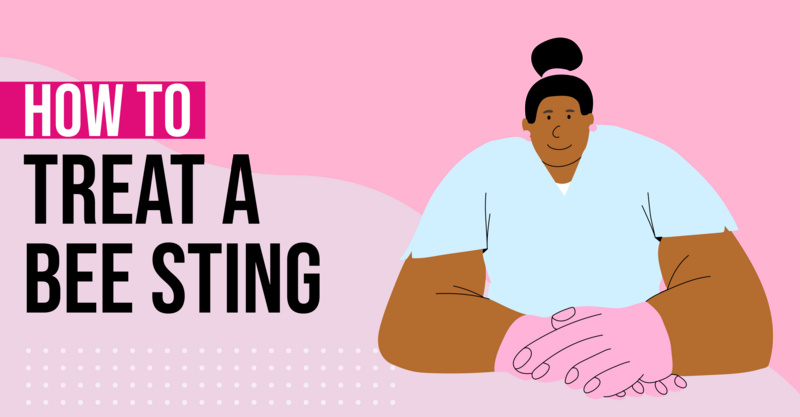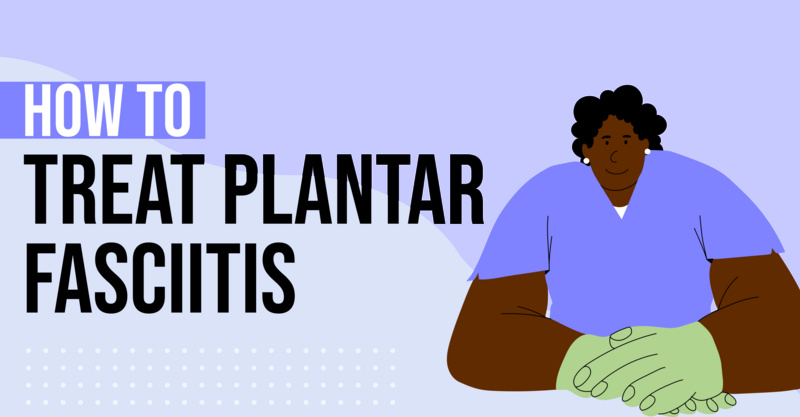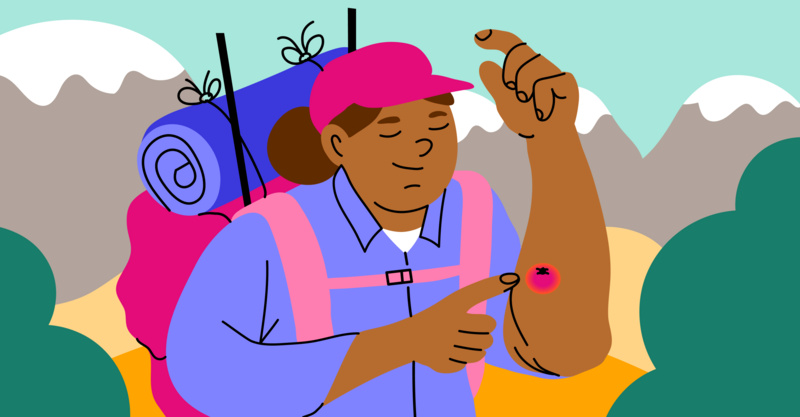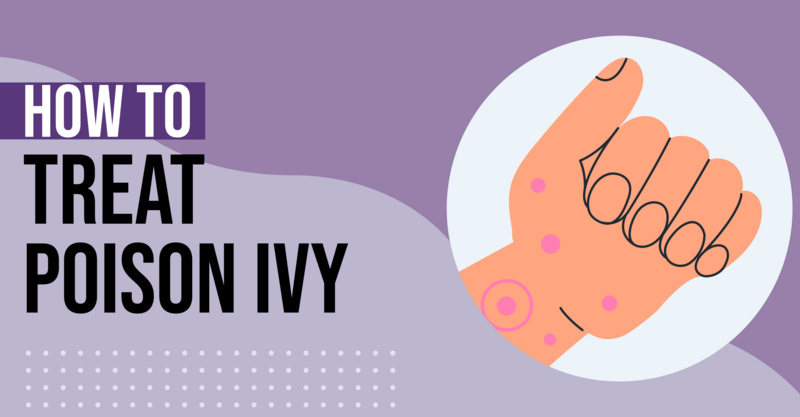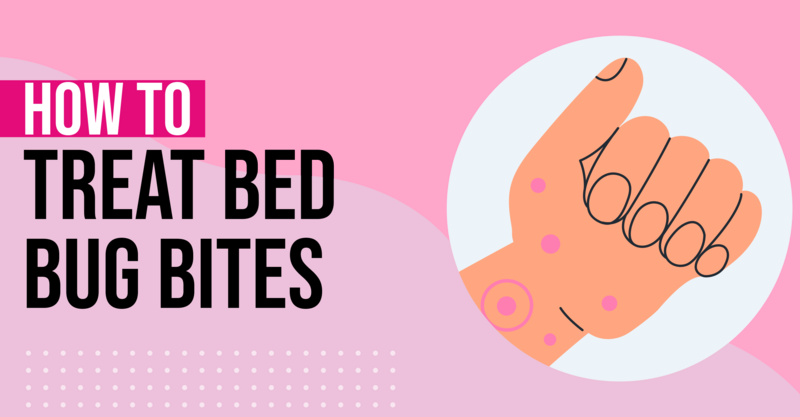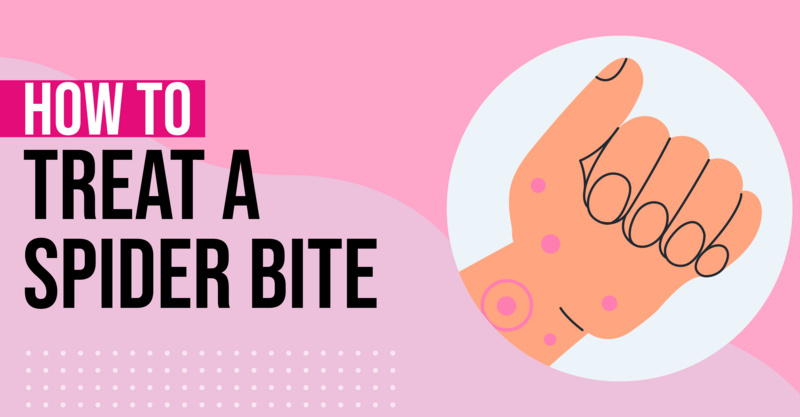Key Points
- The article provides a comprehensive guide on how to identify, treat, and prevent bites from chiggers, small mites often found in grassy areas.
- Chigger bites can cause itchy, red bumps on the skin that can be treated with home remedies such as hydrocortisone or calamine lotion, antihistamines, cold compresses, and cleaning the area with soap and water.
- If symptoms worsen or persist for more than two weeks, or if there are signs of infection, it's recommended to seek medical attention.
- To prevent chigger bites, it's advised to avoid areas where chiggers are common and to wear protective clothing.
- The article emphasizes the importance of immediate treatment of chigger bites, avoiding scratching, and seeking medical help if symptoms do not improve or if infection signs appear.
Got small, itchy, red bumps after being outside? You may have chigger bites! Chiggers are small mites that are usually hiding out in grassy areas, according to the Cleveland Clinic. They can cause an irritating itch when they nip at your skin. While chigger bites are not usually dangerous, they can be incredibly uncomfortable and the itching can last for several days. Luckily there are several home remedies that can help ease the itchiness and help you heal faster!
Home Remedies for Chigger Bites
1. Anti-Itch Creams (Like Calamine Lotion)
Anti-itch creams or lotions are a popular remedy for chigger bites, according to Healthline. They recommend trying hydrocortisone cream or calamine lotion, which can be found at most retail pharmacies.
2. Antihistamines (Like Benadryl)
Antihistamines like Benadryl can also help reduce itching and swelling caused by chigger bites, according to Healthline. Benadryl is a common brand name that most people are familiar with. You can find it at most retail stores and pharmacies.
3. Cold Compress
A cold compress can help reduce inflammation and itching caused by chigger bites, according to Healthline. They recommend that you wrap a few ice cubes in a towel or use a cold pack and apply it to the affected area for 10-15 minutes at a time. You can repeat this process several times a day, as needed.
4. Clean the Affected Area with Soap and Water
Cleaning the affected area with soap and water can help remove any remaining chiggers and reduce the risk of infection, according to the Cleveland Clinic. They recommend that you use lukewarm water and a mild type of soap to gently wash the areas of your body where you have chigger bites.
When to See a Doctor for Chigger Bites
Chigger bites are usually not serious and can be treated at home with simple remedies, according to the Cleveland Clinic. However, in some cases, it may be necessary to seek medical attention. Here are some signs that the Cleveland Clinic notes that you should see a doctor:
- Itchiness that is causing extreme discomfort
- The bites turn into open wounds due to itching
- The itching doesn't go away after two weeks
- Your skin around the bite swells or leaks pus (which can be signs of infection)
How to Prevent Chigger Bites
Chiggers are most active in warm and humid environments, such as wooded areas, grassy fields, and gardens, according to WebMD. To avoid getting chigger bites, WebMD recommends the following:
- Avoid areas where chiggers are common and active.
- Wear protective clothing like long-sleeved shirts and long pants. Tucking your pants into your socks can also help chiggers from finding your ankles.
How to Soothe Chigger Bites
Here are the key points to keep in mind when treating chigger bites:
- Chigger bites appear as small, red, itchy bumps (usually around your ankles, but they can be anywhere on your body).
- Being out in grassy areas, like fields, forests, and even your backyard can expose you to chiggers.
- If you notice you have chigger bites, wash the affected area with a mild soap and water right away.
- Apply an anti-itch cream or lotion to the affected area to help relieve itching.
- If needed, take an oral antihistamine to help reduce itching and swelling.
- Avoid scratching the bites, as this can lead to infection.
- If your symptoms don’t improve within 2 weeks or you start showing signs of infection, seek medical attention.
Frequently asked questions
What are chiggers and where are they commonly found?
Chiggers are small mites that are often found in grassy areas.What are the symptoms of a chigger bite?
Chigger bites can cause itchy, red bumps on the skin.How can I treat chigger bites at home?
You can treat chigger bites at home using anti-itch creams like hydrocortisone or calamine lotion, antihistamines, cold compresses, and by cleaning the affected area with soap and water.When should I seek medical attention for a chigger bite?
You should seek medical attention if the itching becomes extreme, the bites turn into open wounds, the itching persists for more than two weeks, or the skin around the bite swells or leaks pus.How can I prevent chigger bites?
You can prevent chigger bites by avoiding areas where chiggers are common and active, and by wearing protective clothing.What should I do immediately after being bitten by a chigger?
Immediately after being bitten, you should wash the affected area, apply anti-itch cream, and take an oral antihistamine if needed.What should I avoid doing after being bitten by a chigger?
After being bitten by a chigger, you should avoid scratching the bites as it can worsen the symptoms.What are signs of infection from a chigger bite?
Signs of infection from a chigger bite include the skin around the bite swelling or leaking pus.
Solv has strict sourcing guidelines and relies on peer-reviewed studies, academic research institutions, and medical associations. We avoid using tertiary references.

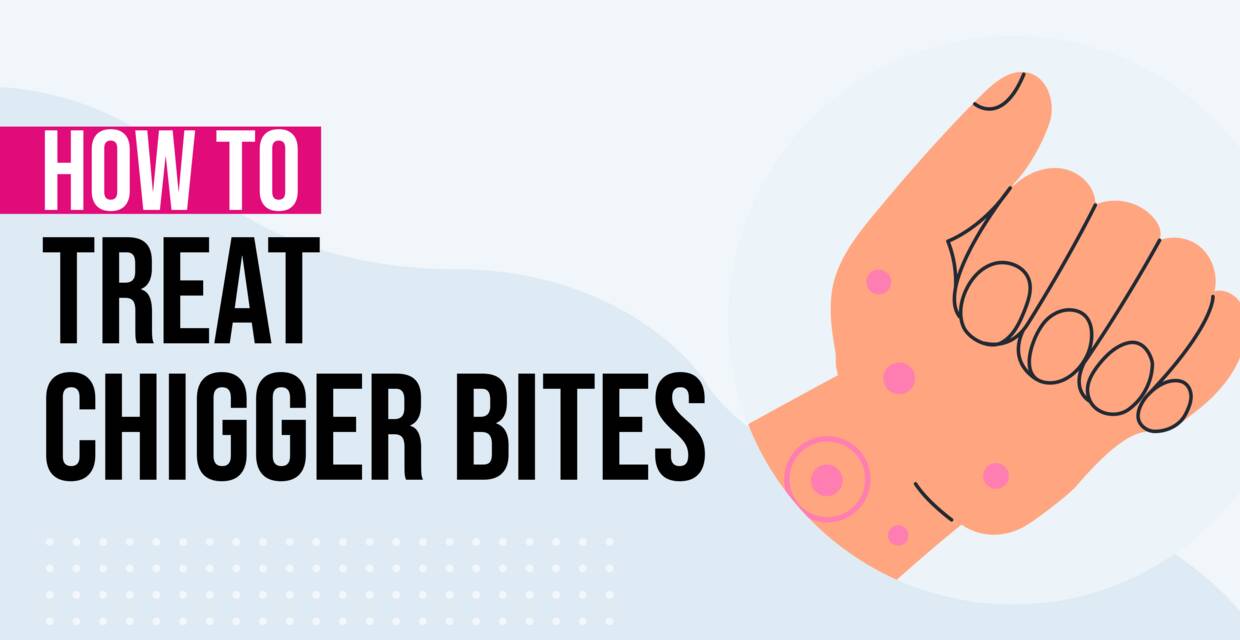
 LinkedIn
LinkedIn

